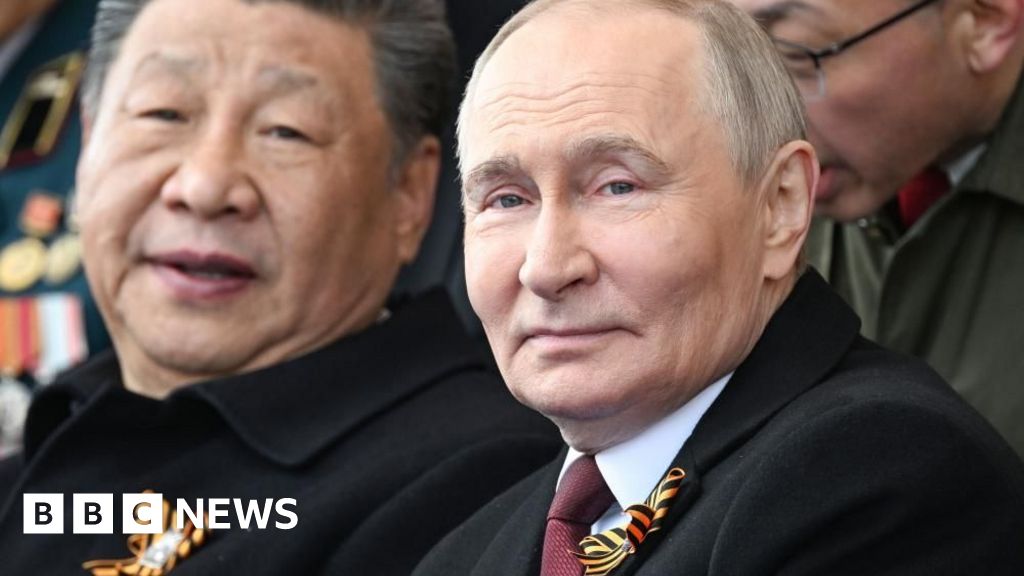ARTICLE AD BOX
By George Wright
BBC News
Image source, EPA
Image caption,Ranil Wickremesinghe arrives at a Buddhist temple after his latest appointment as prime minister
News that Ranil Wickremesinghe is the new prime minister has been largely met with dismay and disbelief in Sri Lanka.
His appointment is being viewed as yet another arrogant response by President Gotabaya Rajapaksa to weeks of protests over rising prices and shortages.
Mr Wickremesinghe is seen as being close to the Rajapaksa family, and many think he has been chosen because he will be likely to guarantee their security.
Protests flared up in early April in the capital, Colombo, and have grown in size and spread across the country. People are furious because the cost of living has become unaffordable, and nine people have lost their lives in the unrest.
However some say his experience and links with India and the West could help overcome the economic crisis that led to the protests.
"We are facing a crisis, we have to get out of it," he told Reuters news agency shortly after his swearing-in. Asked whether there was a possible solution, he replied, "Absolutely."
It is the sixth time the senior opposition MP has held the post. He's never seen out a full term.
A lawyer by profession, he comes from an affluent family of politicians and businessmen.
He was first elected to parliament in 1977 and quickly moved up the party ladder after Ranasinghe Pramadasa was elected president in 1989. He first served as prime minister from 1993 to 1994.
In 1994, he became leader of the United National Party (UNP) when Gamini Dissanayake was killed by suspected rebels of Liberation Tigers of Tamil Eelam.
He himself narrowly escaped an assassination attempt when a bomb went off at a meeting he was addressing in the town of Eppawala.
Mr Wickramasinghe improved his party's image by appointing a disciplinary commission to get rid of corrupt party members.
He also tried to change his personal image with various different haircuts to give himself a more appealing look and he tried to broaden the UNP's public support by touring villages.
Around the turn of the century he was a genuine contender for president but his star has since waned.
He was prime minister during the deadly Easter Sunday bombings in 2019, which killed at least 250 people.
He told the BBC he had been "out of the loop" when it came to intelligence warnings ahead of the attacks.
In the last election, his once ruling UNP managed to scrape together just one parliamentary seat, leaving him its sole representative in parliament.
One major reason people are angry over Mr Wickremesinghe's return has been his perceived closeness to the Rajapaksa family despite being in opposition. Many people believe he helped shield them when they lost power in 2015 - his appointment now is seen as a way for the president to defy protesters' demands that he quit.
Sri Lankan journalist R Sivaraja has told BBC Tamil he believes Mr Wickremesinghe's strengths, including maintaining good relations with diplomats and not making rash decisions, could hold him in good stead in the current climate.
But many remain unconvinced, including Archbishop of Colombo Cardinal Malcolm Ranjith. "People want a person with integrity, not someone who has been defeated in politics," he told local media.
Ranil Wickremesinghe spoke to the BBC in 2019

 2 years ago
46
2 years ago
46








 English (US) ·
English (US) ·